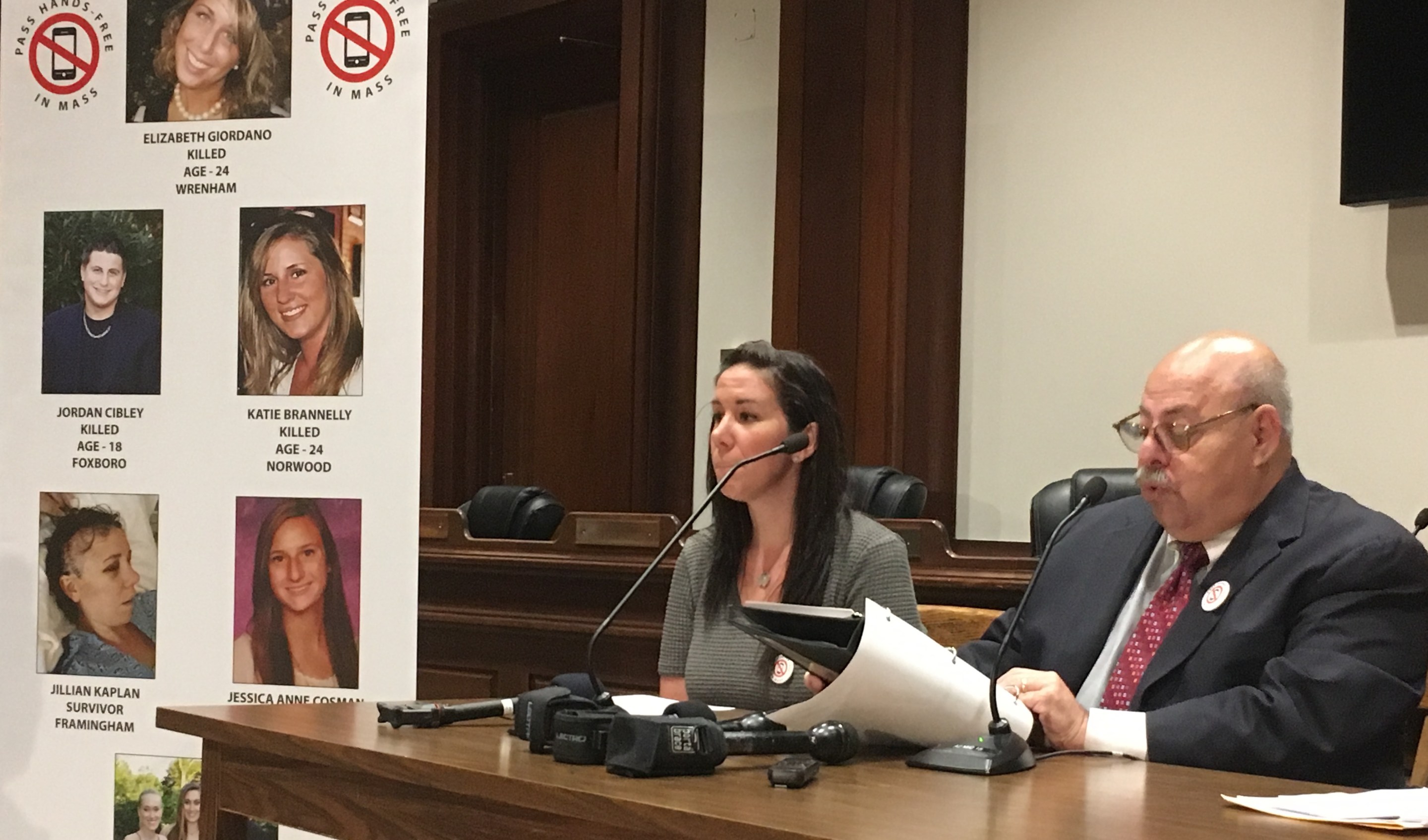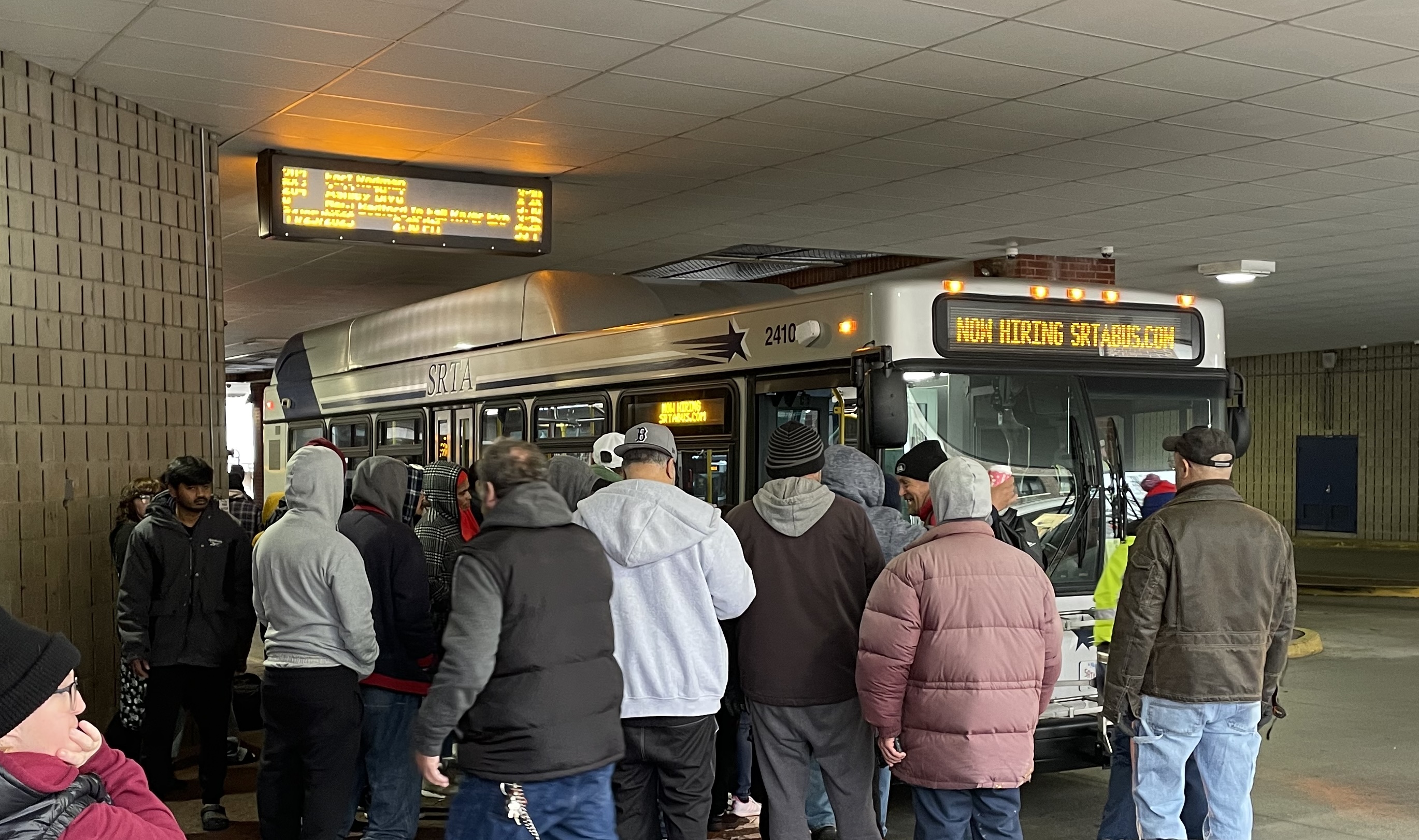The Massachusetts legislature is on the verge of passing a new law that would outlaw people from holding cellphones while driving motor vehicles, but the bill has stalled as lawmakers hammer out details of how to collect data on traffic stops related to the new law in order to prevent racial profiling by police.
Both the House and the Senate passed versions of the so-called "hands-free" bill by near-unanimous margins this spring, but the legislation has languished for weeks in a conference committee where a smaller group of lawmakers have been working to agree on the law's final language to address concerns about racial profiling in the new law's enforcement.
While the so-called "hands-free" legislation is intended to improve safety, the prospect of additional traffic stops is distinctly unsafe to people of color.
In 2004, a Northeastern University study of similar data (collected under a since-expired data-collection law) found that a majority of police forces in Massachusetts were considerably more likely to stop Black and Latinx drivers than white drivers.
In an open letter to lawmakers, the ACLU of Massachusetts and a broad coalition of civil rights organizations wrote that "it is critical that any new traffic enforcement laws address the over-policing that disproportionately impacts Black and Latinx people across the Commonwealth."
Both versions of the bill acknowledge that the additional traffic stops will require oversight and publicly-available data on the race and ethnicities of people targeted. But advocates have expressed concerns that the provisions for data collection and oversight are weaker in the House-approved version of the bill.
Family members of several distracted-driving victims gathered in the Massachusetts State House Thursday morning to implore lawmakers to make a deal this week to send a final bill to the Governor's desk.
Rich Levitan, whose 18-year-old daughter Merritt was on a cross-country bicycling trip when a texting driver killed her in 2013, pointed out that Massachusetts is now the only state in New England without a ban on handheld phone use by people driving motor vehicles.
“I’m here this morning to implore the leadership of our Legislature, Speaker DeLeo and Senate President Spilka, to sit today with (Transportation Committee) Chair Strauss and Chair Boncore, and figure it out. Find language that will satisfy all parties, and put a bill on the governor’s desk later today or tomorrow so that Massachusetts can be safer for all its citizens.”






